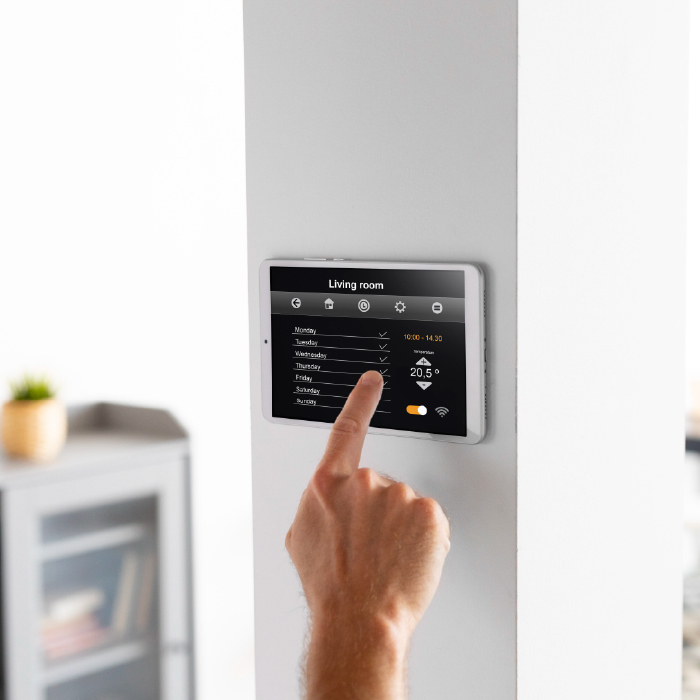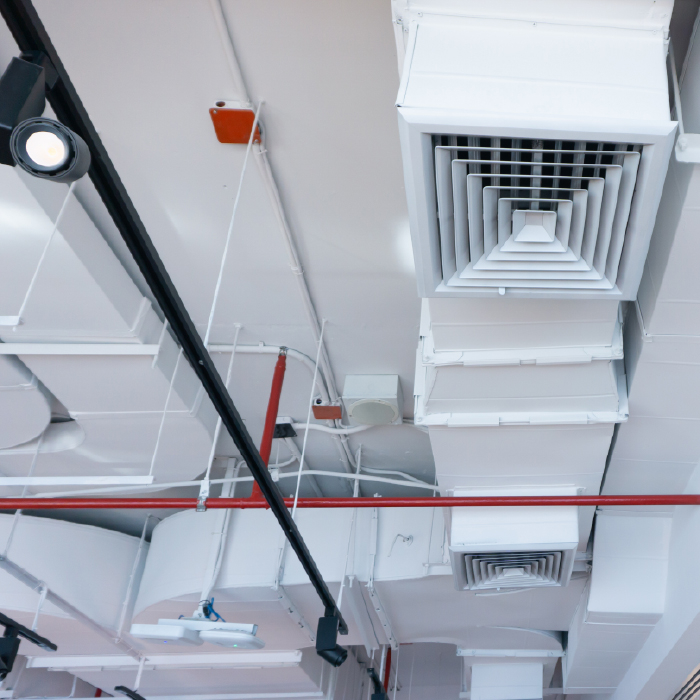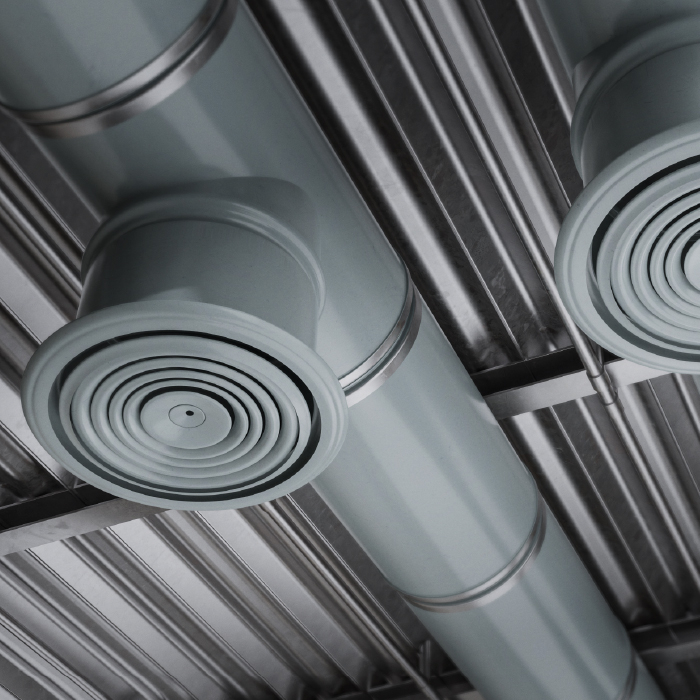Modern construction requires sustainable building design as the primary focus because it brings priority to both energy-efficient operations and environmental sustainability. The HVAC system stands as a fundamental component that enables sustainability achievement. The full name of these systems stands for heating, ventilation, and air conditioning and they provide essential indoor comfort operation alongside lower energy demand. A correctly maintained HVAC installation preserves building energy efficiency through environmentally friendly operations at both comfort and air quality standards.
Understanding the Role of HVAC in Sustainable Buildings
Understanding the Role of HVAC in Sustainable Buildings
How HVAC Systems Contribute to Sustainability
Buildings that utilize correctly designed HVAC systems reduce their carbon emissions through efficient control of heating along with cooling and ventilation operations. Through energy-efficient HVAC technology, electricity usage is minimized and there is a decrease in greenhouse gas levels while air quality becomes better. The modern innovation of an HVAC system now includes self-operating automated systems that optimize both efficiency and sustainability measures.

The Role of HVAC Control Systems in Energy Efficiency
The present-day HVAC control system uses smart technology to optimize its heating and cooling operations. Systems with sensors and automated controls measure environmental conditions, temperature, and humidity therefore they adjust settings automatically based on occupancy rate measurements. HVAC control systems that use programmable thermostats and AI-driven climate control functions stop energy wastage which makes buildings more efficient and sustainable as well as cost-effective.

Heating, Ventilation, and Air Conditioning in Green Buildings
The efficient operation of green buildings depends on their use of modern heating ventilation and air-cooling systems which maximize energy efficiency. The sustainable HVAC approach includes three main elements: energy recovery ventilation (ERV), variable refrigerant flow (VRF) systems as well as geothermal heating and cooling. The proper insulation in combination with building orientation enhances energy conservation by decreasing the load on the HVAC system.
The Importance of Regular HVAC Service for Sustainability
A sustainable building requires regular HVAC service input to ensure energy-efficient operations. Building an HVAC system deteriorates in performance and utilizes more energy while suffering premature breakdowns if they lack proper maintenance routines. HVAC units function at full capacity with routine inspections and cleaning and servicing procedures which prevent waste of surplus energy and deliver dependable heating and cooling services.
The Benefits of Working with an HVAC Maintenance Contractor Service
By working with an HVAC maintenance contractor service organizations can guarantee their HVAC system receives regular inspections from professionals who also perform maintenance procedures. Through their technical skills, these contractors assess operational inefficiency and then resolve small problems before they develop into large issues and provide energy-efficient system upgrade advice. The maintenance of the HVAC system leads to lower utility expenses and longer-lasting equipment so buildings need fewer new system replacements thereby resulting in decreased overall maintenance costs.
Smart HVAC Technologies for Sustainable Buildings
Building management for heating and cooling receives transformation through advanced HVAC system developments. AI-powered HVAC control systems connect through the IoT to thermostats which enable real-time energy optimization. The intelligent systems monitor behaviors and weather conditions to decrease energy consumption for buildings. Building performance becomes more sustainable because of advanced system implementation.

The Environmental Impact of HVAC Systems
Heating ventilation and air conditioning systems from the past consume enormous energy and therefore intensify carbon emissions. Fresh HVAC releases employ energy-efficient motors and higher-grade insulation, environment-friendly refrigerants which decrease their negative influence on the environment. Modern HVAC equipment implements solar-panel and geothermal-powered renewable-energy systems which help decrease the use of non-renewable resources.
Sustainable buildings depend entirely on an HVAC system to function properly. Building owners who use advanced HVAC control systems, together with an experienced maintenance contractor service and regular priority service attainment will reach sustainable energy efficiency goals and environmental performance targets.
